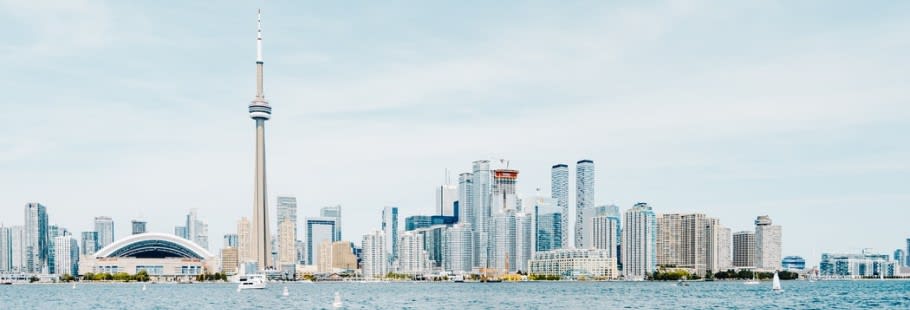Spotlight on: Postgraduate Study in Canada
With over 313,000 international students, Canada is one of the most popular study abroad destinations in the world. There are plenty of reasons for this: Canada is home to a host of excellent research universities, cosmopolitan cities and stunning nature, to name just a few.
Whether you’re interested in spending time in sophisticated, francophone Montreal, the bustling mega-city of Toronto or the pristine wilderness around Vancouver, there are endless opportunities for postgrad study in Canada – both in its major urban centres and in smaller towns and cities across the country.
Applications for Masters and PhDs have closed for the upcoming autumn semester at most Canadian universities, but that doesn’t mean that now isn’t a good time to start prepping your application for the following spring semester or the next academic year.
Choosing where to study in Canada
Canada’s 10 provinces each offer their own unique postgraduate study opportunities. Ontario is home to the main financial and political hubs of Canada: Ottawa and Toronto, respectively. It’s also where you can find the iconic Niagara Falls, along the American border.
Quebec, meanwhile, has a proud history and distinct francophone identity. Its largest city, Montreal, has both French-language and English-language universities, along with a distinctly bohemian atmosphere.
In British Columbia, Vancouver is one of the most diverse cities in North America and benefits from a stunning location in the Pacific Northwest, with beaches, hiking trails and ski slopes all easily accessible.
The Western Canadian province of Alberta, meanwhile, is famous for the abundance of dinosaur fossils that can be found in its prairies and mountain ranges. Pretty handy if you have an ambition to become the next Dr Alan Grant (disclaimer: I’m not sure if he studied at a Canadian university).
Take a look at the Canadian Masters and PhD programmes listed on our website to find out more.
Postgraduate funding in Canada
If you’re an international student in Canada, there are several funding schemes that are open to you.
Some of the most prominent options for international Masters students include:
On the PhD side, international research students can apply for:
You can also check out full guides to Canadian Masters and PhD funding on our websites.
Applying for a postgraduate programme in Canada
Applying for a Masters or PhD in Canada is broadly similar to other major higher education destinations, with the student applying directly to the university in question rather a centralised admissions portal.
You’ll usually need to supply the following documents for a Masters / PhD:
- Bachelors / Masters certificate
- Grade transcripts
- Personal statement
- A CV
- Proof of English language proficiency (if applicable)
- Academic references
In addition, if you’re applying for a PhD you’ll need to submit a research proposal. Depending on the programme, you may also need to get in touch with a potential supervisor at the university to discuss your work.
The deadline for most postgraduate programmes beginning in the autumn semester is January.
International students heading to Canada will need an electronic travel authorisation and a study permit. You can find out more in our guides for PhD students and Masters students.
In terms of COVID-19 arrival policies, you’ll need to show that you’ve been fully-vaccinated at least 14 days. You should also download the ArriveCAN app to register your contact details and vaccination status.
Post-study opportunities in Canada
Canada’s post-graduation work permit (PGWP) allows international students to remain in the country and seek employment after their studies:
- If your qualification is between eight months and two years, you can stay for the equivalent amount of time it took to complete your programme
- If your qualification is longer than two years, you can stay in Canada for three years
In recent times the Canadian government has made a concerted effort to make the country an attractive place for international students to settle permanently, recognising the impact that coronavirus has had on the jobs market and giving them the opportunity to apply for an open work permit as well as a PGWP.
For more information, check out our guides to Masters study and PhD study in Canada.
Editor's note: This blog was originally published on 19/05/21. We've checked and updated it for current readers.
Our postgrad newsletter shares courses, funding news, stories and advice

 Continue with Facebook
Continue with Facebook






